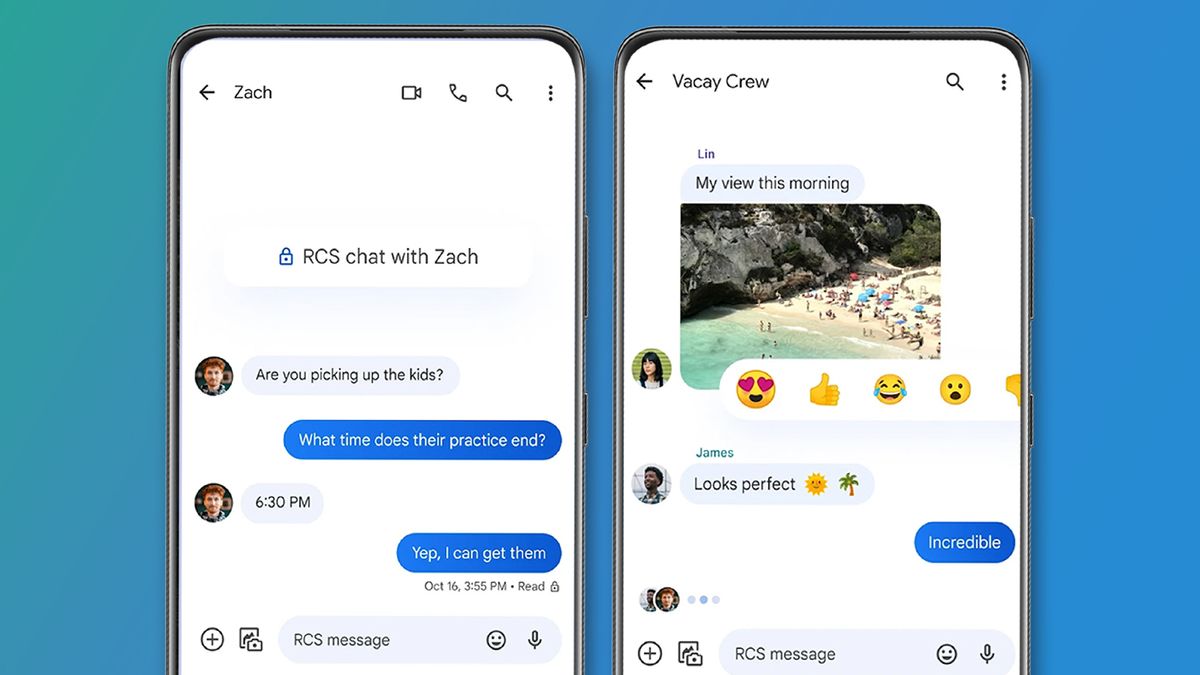If you use Google Messages as your default SMS and RCS app on Android, your messaging experience is about to get significantly safer: Google is rolling out five new features to protect you from scammers, spammers, and more.
As detailed in a blog post, the first feature – launching in the beta version of the app to begin with – is enhanced scam detection, which uses on-device machine learning to better identify and flag up scam texts (involving fake deliveries or job listings, for example).
Then there are warnings about potentially dangerous links – the sort that try and get you to visit fraudulent websites that’ll pinch personal information from you. Already in testing in India, Thailand, Malaysia and Singapore, this is expanding globally later this year.
A number of different factors are used to assess whether or not a link is dangerous, including any information that Google already has about the sender (there are already similar link vetting features in Gmail and Chrome).
Checking message senders
Third are new controls to turn off messages from unknown international senders: you’ll soon have the option to hide texts that have been sent from an international number, by someone who isn’t already in your contacts.
These messages won’t disappear completely, but will be moved to the spam folder already in the Google Messages app. This might take a while to reach you though, with a pilot trial limited to Singapore launching first, later this year.
Fourthly, a sensitive content warning is being introduced to blur images that may contain nudity, before allowing them to be shown – with extra protections against accidental shares. It’s going to be opt-out for those under 18, Google says, and opt-in for adults.
Finally, Google says it’s working on an improved contact verification feature – involving PINs and QR codes – so you can be sure the person you’re messaging is the person they say they are. This is in the works, and is due to be launched next year.
Read the full article here














